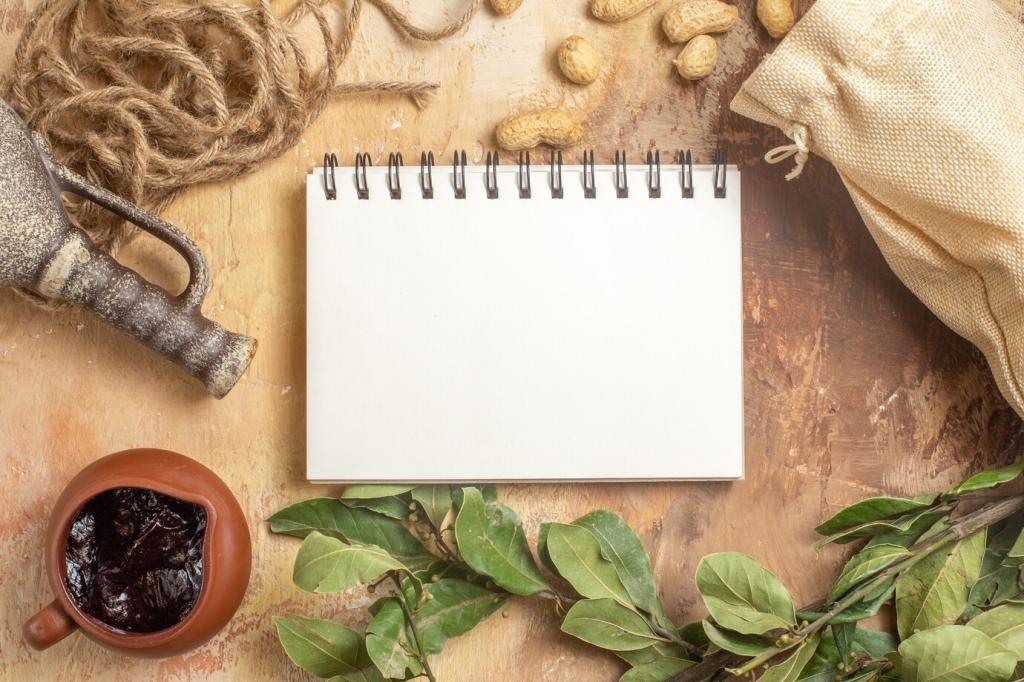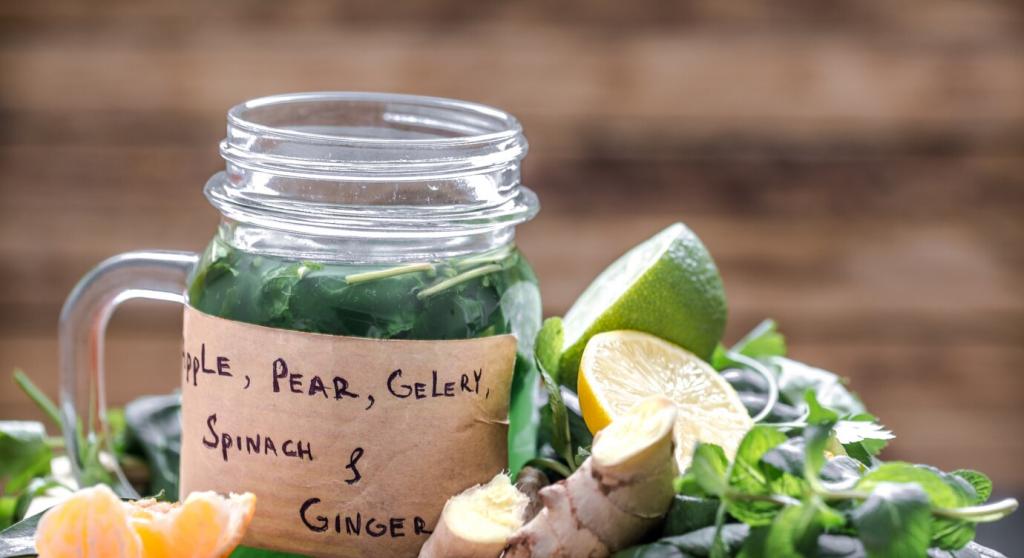
Seasonal Care Tips for Herb Gardens: A Year-Round Companion
Chosen theme: Seasonal Care Tips for Herb Gardens. Welcome to a practical, story-rich guide that helps your basil, rosemary, mint, and friends thrive through spring breezes, summer heat, autumn mellow, and winter rest. Join us, share your wins, and subscribe for timely seasonal reminders.
Spring Revival: Wake Your Herbs After Winter
Loosen, Feed, and Breathe
Gently loosen compacted soil around your herbs without disturbing tender roots, then blend in finished compost for nutrients and structure. Remove winter mulch gradually to prevent shock, and water lightly to settle amendments. Tell us: when does your soil feel ready?
Prune for Energy and Shape
Trim woody herbs like rosemary, thyme, and sage to just above green growth, avoiding old wood. For mint and oregano, cut back to encourage dense, flavorful leaves. A neighbor once revived an “almost dead” thyme with a modest prune—then enjoyed record harvests.
Smart Sowing and Transplanting
Direct-sow hardy herbs such as parsley and dill as soil warms, but transplant basil only after frost risk passes. Harden off starts outdoors for a week. Share your last frost date below so fellow gardeners can calibrate their own planting calendars.
Summer Strength: Water, Shade, and Harvest Rhythm
Water early in the morning, delivering a slow, deep soak to encourage roots to chase moisture downward. Mulch with straw or shredded leaves to reduce evaporation. If leaves flag by midday but recover by evening, you’re likely watering just right. What’s your schedule?

Summer Strength: Water, Shade, and Harvest Rhythm
Basil appreciates dappled afternoon shade and steady airflow to prevent scorch and mildew. Use shade cloth during heat waves and space plants for breeze corridors. A simple, clip-on cloth saved my basil patch during a brutal July—and the pesto was unforgettable.
Prepare Perennials for Chill
Gradually reduce watering to harden growth, then apply a light compost top-dress. Avoid heavy nitrogen, which invites frost damage. Stake taller herbs against autumn winds. Tell us how your garden signals fall—color shifts, slower growth, or a sudden mint resurgence?
Divide and Replant Crowded Favorites
Lift and divide chives, mint, and oregano when clumps thicken, replanting vigorous sections with fresh compost. This renews vigor and curbs invasiveness. Label divisions; future you will thank present you. Who else has found surprise volunteers while dividing mint?
Preserve Bounty, Keep Fragrance
Air-dry woody herbs in bundles, freeze basil as pesto cubes, and make herb salts for quick flavor. Store in airtight containers away from light. Share your preservation wins—dried thyme on roasted vegetables kept one family’s Sunday dinners comforting all winter.


Winter Defense: Protect, Plan, and Grow Indoors
After a hard frost, tuck perennials under a breathable mulch layer to buffer freeze–thaw cycles. Snow acts as natural insulation—embrace it. Avoid plastic covers that trap moisture. Comment with your favorite mulch; straw, leaves, and pine needles each have unique benefits.
Winter Defense: Protect, Plan, and Grow Indoors
Remove dead stems and fallen leaves that harbor spores and insects. Wipe indoor herb pots’ rims, refresh topsoil, and check for gnats. A weekly flashlight inspection saved my windowsill rosemary—tiny webs revealed mites early, and a gentle shower solved it.
Compost Teas and Gentle Boosts
In spring and midsummer, apply diluted compost tea to stimulate microbial life without overwhelming herbs. Pair with light fish emulsion for heavy feeders. Skip late-season nitrogen to avoid frost-tender growth. What’s your favorite mild feed for flavor, not fluff?
pH, Texture, and Drainage Checks
Most herbs prefer a slightly alkaline to neutral pH and excellent drainage. Mix sand or grit into heavy soils and raise beds if water lingers. Test annually; inexpensive kits guide smart tweaks. Share your soil wins—did lime lift your lavender’s spirits?
Seasonal Pest and Disease Playbook
Spring Scouting, Gentle Interventions
Inspect new growth weekly for aphids, leaf miners, and mildew. Blast pests with water, encourage ladybugs, and prune infected tips. Early action prevents drama. Drop a comment if you’ve tried reflective mulch; it can confuse aphids and reduce colonization.


Summer IPM: Balance and Vigilance
Rotate organic sprays like neem and potassium bicarbonate, applied at dawn to spare pollinators. Space plants for airflow and remove heavily infested leaves. A friend’s basil rebounded after three disciplined weeks—small steps, consistent timing, big turnaround.
